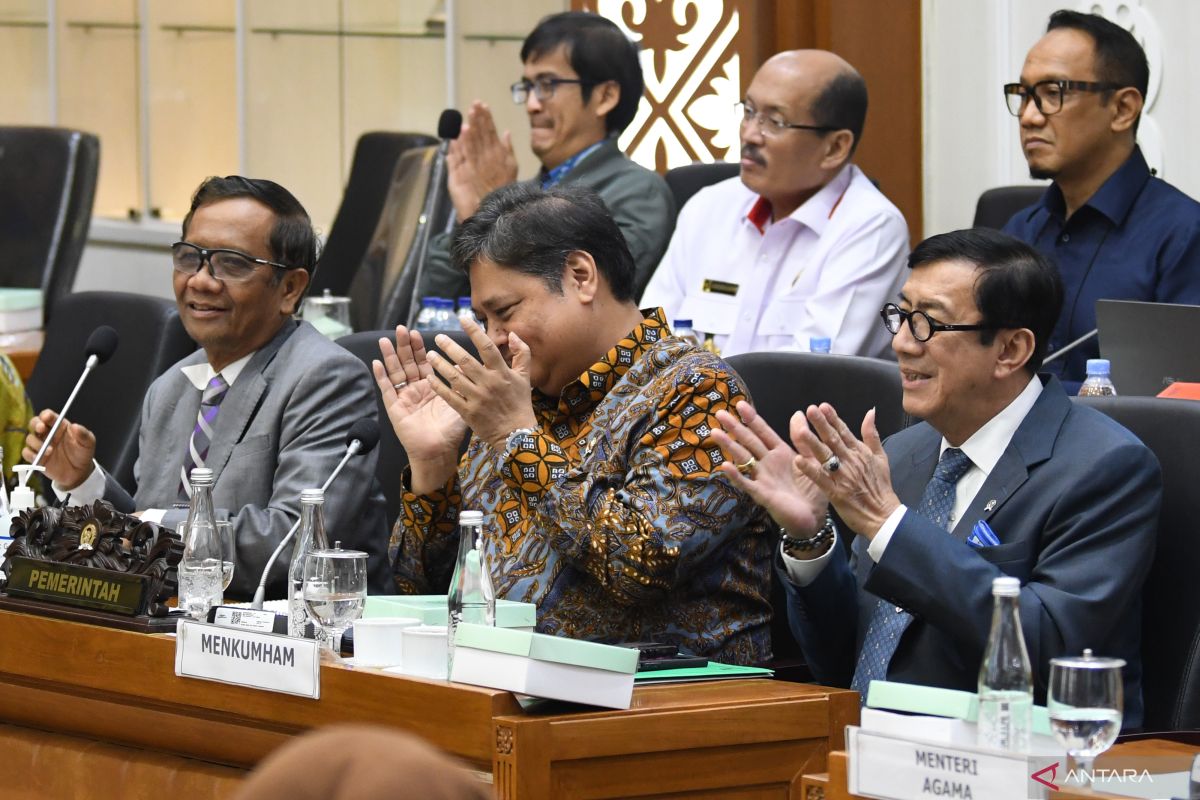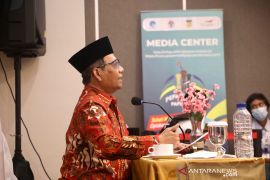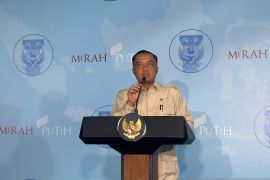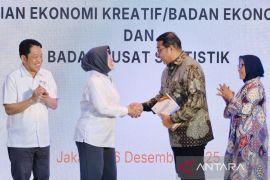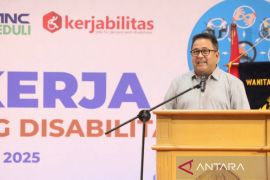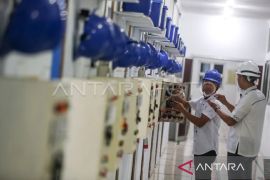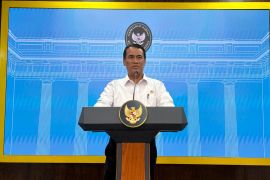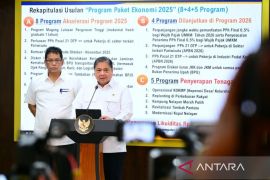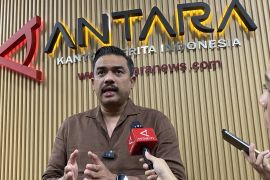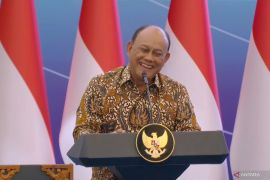The decision is made following a discussion by the Legislation Body of the House of Representatives, which is then approved by seven factions: the Indonesian Democratic Party of Struggle (PDIP), Golkar Party, Great Indonesia Movement (Gerindra), National Democrat Party (NasDem), National Awakening Party (PKB), National Mandate Party (PAN), and United Development Party (PPP). However, two factions -- the Prosperous Justice Party (PKS) and Democrat Party -- rejected the idea, saying that the policy failed to take into account the people's aspirations.
The regulation was born after the Constitutional Court declared that the Job Creation Law was conditionally unconstitutional in 2021 due to which it became necessary to be tweaked for the future. Thus, the policy was made as an anticipatory measure in the midst of global turmoil riddled with recession.
The ratification of the policy was seen as an urgency, and one needed to ensure the sustainability of national foreign exchange as well as to provide a legal basis in terms of job employment for investors and business players, including micro, small, and medium businesses.
Some aspects highlighted by the policy comprised workforce, halal guarantee, tax harmonization, water resources, and typos. The objectives remained the same, i.e., to expand the job market, reduce unemployment, and attract more investments into Indonesia.
What makes it so important, so urgent, that it needs to be ratified for the sake of business players, MSMEs' development, and job creation?
Related news: Ministry lauds DPR Legislative Body's approval for Job Creation Perppu
Related news: Job Creation Perppu to help state weather economic crisis: Minister
Job Vacancies
In 2022, national economic growth was recorded at 5.31 percent, higher than last year when only 3.70 percent was registered. The reason for this growth? Those who take part as MSMEs.
According to data from the Cooperatives and Small, Medium Enterprises Ministry, in March 2021, MSMEs contributed to 61.07 percent of the gross domestic product, which is Rp8,574 trillion (US$565.1 billion). MSMEs, which make up a major percentage of the creative economy sector, account for most of the employment.
The Tourism and Creative Economy Ministry noted that throughout the COVID-19 pandemic, as many as 3.3 million job vacancies were available. The figure can possibly increase if MSMEs have easier access to investment. This is where the Government Regulation in Lieu of Law plays its part.
President's staff for economic affairs Arif Budimanta stated that 2023 would be a tough year for several countries. Indonesia should have its own backup measures to ensure that its economic growth remains at five percent, one of which is by ratifying that policy.
Indonesia aims to gain as much as Rp1,400 trillion (US$9 billion) in investment in 2023. This new Job Creation Law is expected to facilitate access, permits, supply chain, business development, and funding for MSMEs.
The government intends to provide certainty by covering the legal basis, so that every type of business, from the largest to smallest and even cooperatives, have the opportunity to expand, and that new ones can start.
With clear permits and legal basis, investors will be inclined to view Indonesia as a great country to put their money. All along, several foreign investors have hesitated to do so due to complex issues surrounding taxes, economic policies, and also workforce.
It is believed that the ratification would prompt the growth of MSMEs, thereby making for easier access to permits and company establishment, as well as halal certifications in addition to creating more employment opportunities, all of which can significantly impact the economy.
Employment
Good economic growth means plenty of job opportunities. By working, people can earn a salary and use it to improve their welfare.
Some of the wealth they gain is used for taxes, and in turn, the taxes will be used to build infrastructure. The taxes from business will also be used in other areas that cover social protection aspects.
Every year, new workforce is generated. Hence, new job vacancies must also be created, which could be manifested either through the government's policies or the business sector's activities.
According to Statistics Indonesia's data, in August 2022, the workforce constituted 143.72 million people. The figure increased by 3.57 million as compared to August 21. As many as 40.69 percent, or 55.06 million people, work in the formal sector. The employment figure increased by 0.14 percent as compared to that in August 2021.
On the other hand, the percentage of unemployed people and part timers showed a decrease, 2.39 percent and 1.77 percent respectively, as compared to the figure in August 2021.Moreover, the open unemployment rate in August 2022 was recorded at 5.86 percent, a decrease by 0.63 percent as compared to last year.
Tourism and Creative Economy Minister Sandiaga Salahuddin Uno stated that the policy served as a clear message for the business sector for creating new jobs. By attracting investors to develop the creative economy sector, the investment target in 2023 can be achieved right away.
Such target cannot be pursued through obsolete ways, and there must be innovation and regulations to facilitate and protect both the employers and employees.
Thus, this policy was expected to allow for easier access to permits, as the target of 4.4 million job vacancies can be achieved by boosting the creative economy sector.
Indubitably, numerous challenges have been encountered in ratifying the regulation in lieu of law. However, it is expected to press down the rate of unemployment.
Communication between institutions, investors, business players, and workers to comprehend the importance of the policy is deemed crucial. There needs to be a collective commitment on managing and maintaining the system that had been made for the sake of Indonesia's development in a bid to achieve the status of a developed country by 2045.
Related news: Economic minister holds public consultation on Job Creation Perppu
Related news: Govt to continue to support job creation: Minister
Translator: Maria Cicilia G P, Mecca Yumna
Editor: Sri Haryati
Copyright © ANTARA 2023
